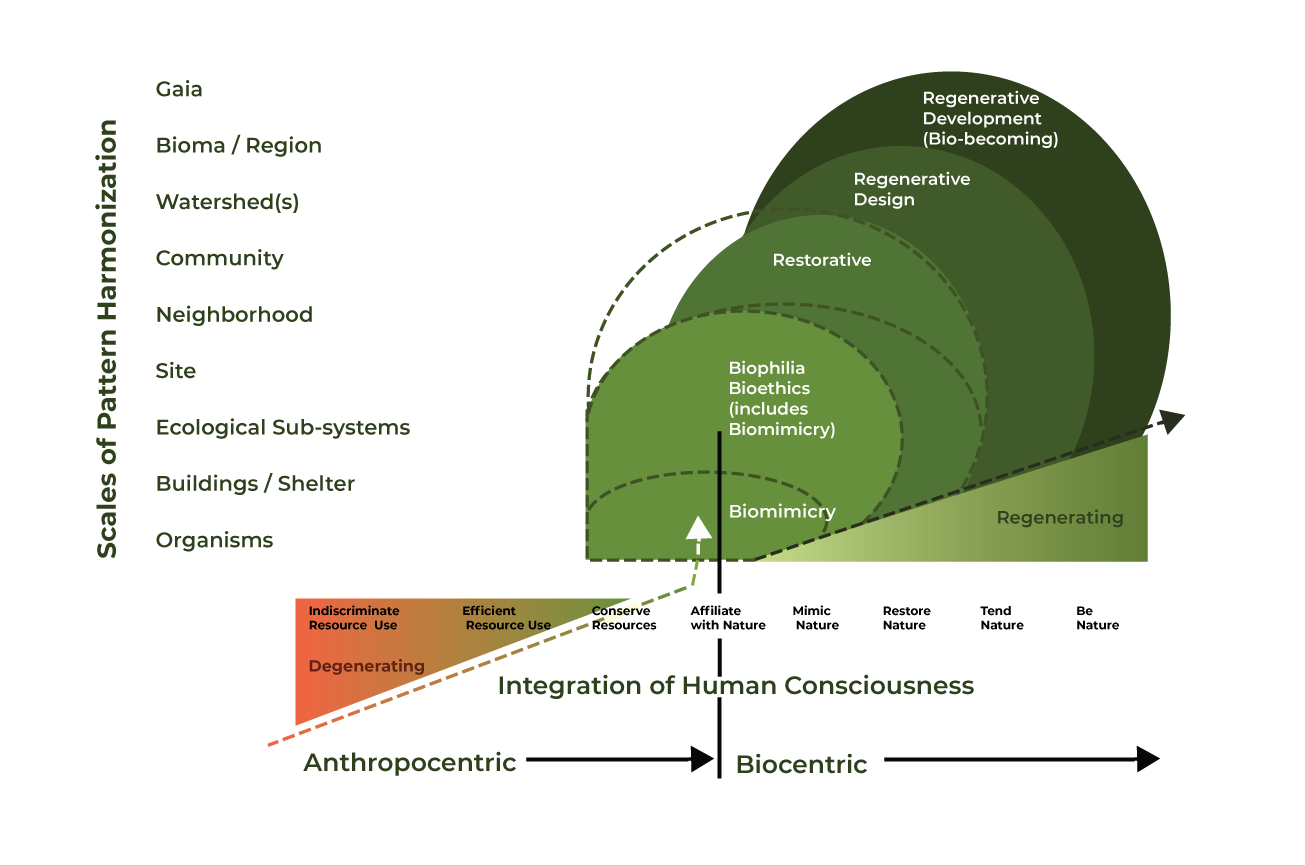LEARNING
SPACE
This is a dynamic space, designed for the exchange of knowledge, ideas and reflections on Regenerative Food Businesses. It is a space where we share some of the learnings of the RFB project, in particular some conceptualizations and results of studies. At the same time, we share external studies and documents that inspire us and that we believe can contribute a lot to the process of maturation and understanding of the "regenerative" approach.
We hope that this space grows over time and that the information presented can contribute to the construction of new knowledge, dynamize actions and collaboration that allows us to strengthen the ecosystem of regenerative food businesses.
Forest seed collectors in the community of Ilha das Cinzas, Brazilian Amazon. Photo: Álvaro Zarate
Regenerative Food Businesses
We elaborated our narrative on what we understand to be Regenerative Food Businesses, based on a series of discussions carried out within the RFB consortium, developed based on the review of academic and technical literature, and other references that helped us building the understanding presented here.
At the same time, we are aware that this understanding is constantly evolving, always keeping in mind the challenge of moving towards regeneration in the different Latin American contexts.
What are Regenerative Food Businesses for the Consortium?
Regenerative Food Businesses (RFB)* are initiatives that prioritize the centrality of nature within the business approach to food production.
In the RFBs, the conservation, restoration and strengthening of ecosystems are central axes to the activities, purposes and value proposition of the business. At the same time, they are aligned with a comprehensive and holistic approach, seeking to ensure that equity, sociocultural justice and economic prosperity are distributed throughout the supply chain** de valor y procesos a los cuáles están vinculados.
And what about Regenerative Agriculture?
Regenerative agriculture is a holistic management approach that, by prioritizing the centrality of nature, restores the health of living systems such as soil, biodiversity, water, and animal welfare, imitating ecological processes to generate productive systems which are more resilient. At the same time, it is a model that promotes equity, socio-cultural justice and economic prosperity in the productive context and integrates the different forms of knowledge, from the ancestral to the scientific-technological.
In our opinion, what is the difference between a regenerative business and other types of businesses?
We believe that there are many approaches that are positively close in their procedures, although they also have differences. In this sense, we believe that the "name" or "label" used by a business (eg sustainable, agroecological, organic, etc.) or the practices that characterize that "name", is not what necessarily defines a RFB.
What we believe differentiates a RFB from any other type of business is its purpose of existence, its path to achieve its objectives that "yes or yes" seeks better scenarios for the natural, sociocultural and economical system where they are based. Constancy on their efforts and ways to change dominant negative patterns and paradigms in their context it is also taken into account.
The practices normally carried out by the regenerative approach share space with other lines of healthy agriculture for people and the planet. Therefore, the practice is not necessarily itself the differential.
The RFB seeks that horizon, regardless of whether it is named as agroecological, organic, sustainable, biodynamic, etc. If it brings a regenerative approach with practices that demonstrate the evolution business in its environmental-sociocultural-economic complexity, this business could be considered at least in the process of regeneration.
We consider that regeneration is a ¨process¨ which goes through complex levels of transition-action (still uncertain and clear in practice for us), but with a very clear objective and path towards where it intends to go.
How can we land the idea of transition towards a regenerative approach?
The effort to design the transition process towards a regenerative approach has already been studied by different authors, accessible in the repository at the bottom of this page. The RFB Consortium intends to move forward with a proposal to help measure these different stages of transition, based on the most closely studied experiences, during interviews and field visits to mapped businesses.
We hope that the particularities and limitations identified in the businesses studied will allow the development of strategies to measure this "regenerative evolution" in a way that is grounded in the Latin American context. At the same time, for us it is essential that these instruments are accessible to the users of the HUB and serve to complement existing ideas or contribute to the evolution and maturation of that knowledge.
While we advance in this reflection, here we share two interesting transition proposals developed by different authors. One proposes a macro vision of this scenario, showing how this context is framed in different scales, until the integration of human consciousness to a biocentric level. The other makes a zoom in what that transition would be like from practice in different links of the supply chain.













